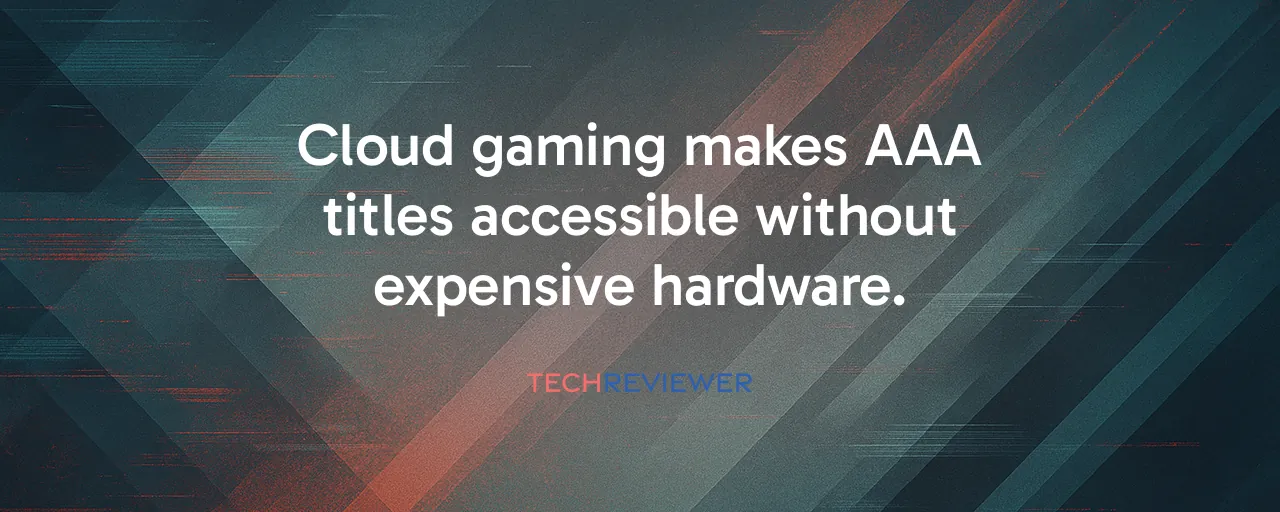Gaming Without the Price Tag
When Battlefield 6 hits screens on October 10, 2025, players won't need a $1,500 gaming rig to dive into its fast-paced action. Thanks to NVIDIA's GeForce NOW, powered by RTX 5080-class servers, anyone with a decent internet connection can experience the game's new Kinesthetic Combat System on a budget laptop, tablet, or even a smart TV. This move by EA and NVIDIA signals a shift in how blockbuster games reach players, making high-end gaming more accessible than ever. The open beta in August 2025 saw 420 million matches played, proving gamers are eager to jump in, regardless of their hardware.
This isn't just about convenience; it's about breaking down barriers. For years, AAA titles demanded pricey PCs or consoles, locking out casual players or those on tight budgets. Now, a $19.99 monthly GeForce NOW Ultimate subscription delivers performance matching a high-end rig, with 4K visuals at 60 FPS or 1080p at 360 FPS. Features like DLSS 4 and NVIDIA Reflex ensure smooth gameplay, letting a MacBook user compete with someone running a top-tier desktop. It's a big deal for students, travelers, or anyone who can't justify dropping thousands on hardware.
A Case Study in Cloud Success
Battlefield 6's launch on GeForce NOW shows how far cloud gaming has come. NVIDIA's RTX 5080 servers, rolled out to cities like Portland, Ashburn, and London, deliver over 330 FPS at 4K Ultra settings with DLSS 4's Multi Frame Generation. This tech generates three extra frames per rendered one, cutting VRAM use by 30% compared to DLSS 3. The result? A Chromebook user can enjoy ray-traced visuals that rival a $2,000 PC. EA's coordination with NVIDIA ensured day-one optimization, setting a benchmark for AAA launches.
Compare this to Google Stadia's stumble in 2019. Stadia promised seamless streaming but flopped due to a limited game library and clunky business model, shutting down by 2023. Its failure stemmed from forcing users to repurchase games and lacking the hardware muscle NVIDIA now flexes. Battlefield 6's integration with GeForce NOW's 4,500-game library, including Steam and Epic Games Store titles, avoids these pitfalls. The lesson? Cloud gaming thrives when it complements existing platforms and prioritizes performance.
Latency's Lingering Shadow
Cloud gaming's promise isn't flawless. Even with NVIDIA's tech, streaming adds 75-100 milliseconds of input lag compared to local hardware, a dealbreaker for competitive players who need split-second reactions. If your ping to a server in Miami or Warsaw hits 25ms, you're still feeling a delay that multiplies 3-4X in fast-paced shooters like Battlefield 6. Rural players or those far from data centers face even tougher challenges, as spotty internet or data caps can make streaming choppy or costly.
Then there's the question of access. While GeForce NOW's $19.99 subscription is cheaper than a new GPU, it assumes you've got a solid 10-20 Mbps connection. For urban players, that's no issue, but millions in underserved areas are left out. EA and NVIDIA are pushing boundaries, but the digital divide remains a hurdle. Publishers must weigh whether cloud launches can truly serve everyone or just those with the right infrastructure.
A New Playbook for Game Launches
EA's gamble with Battlefield 6 could redefine how games hit the market. By prioritizing cloud support alongside PC and console releases, they're tapping into a growing audience, projected to hit 505.1 million cloud gamers by 2030. This hybrid approach expands revenue without alienating traditional players who prefer local hardware. Other publishers, like those behind ARC Raiders and The Outer Worlds 2, are following suit, with day-one GeForce NOW support confirmed for October 2025.
This shift also sparks bigger questions. If cloud gaming takes off, will fewer people buy GPUs, shaking up companies like NVIDIA's own consumer division? Will developers focus on cloud-optimized titles, simplifying design but risking library lock-in? For now, Battlefield 6's launch proves AAA gaming doesn't need a beefy PC. As more studios embrace this model, the industry might just find a way to let everyone play, no matter their setup.
